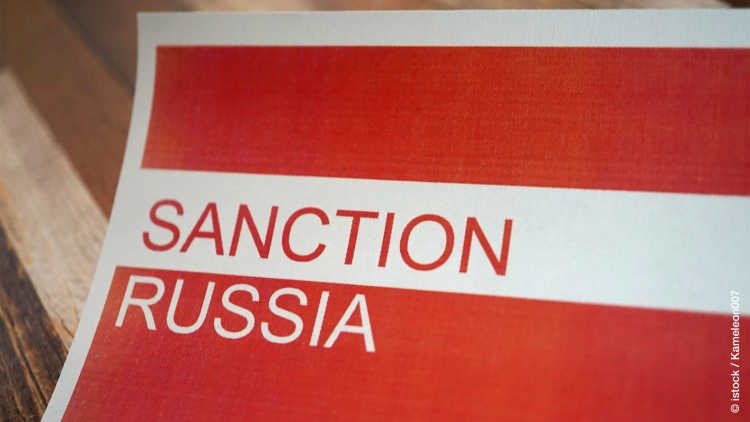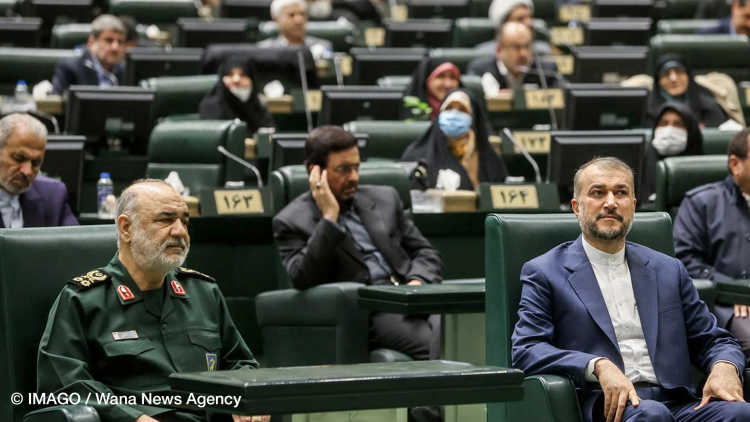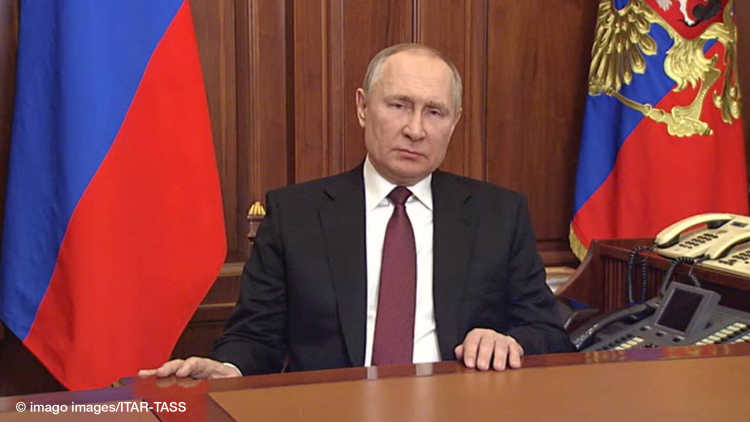- Home
- Research & Transfer
- Research Projects
- Sanctions Termination in Times of Crises: Unpacking the Role of External Shocks
Sanctions Termination in Times of Crises: Unpacking the Role of External Shocks
In March 2020, the UN Secretary-General called for the easing of sanctions against Iran in response to COVID-19. Hence, external shocks are potentially related to sanctions termination. Yet, the effect of different types of external shocks such as pandemics, natural disasters, and economic crises on the (gradual) removal of sanctions has not been systematically studied. This project examines when and how external shocks affect sanctions termination through a nested research design combining new data collection, statistical analyses, and two case studies.
DFG, 2022-2024
Team
Research Questions
- Do sanctions senders (gradually) lift sanctions in response to external shocks?
- Or do they turn to other foreign policy tools when external shocks make sanctions too costly or indefensible on humanitarian grounds?
Contribution to International Research
To address these gaps in the literature, the project makes two major contributions. Theoretically, the project will develop a coherent analytical framework that brings together disparate arguments on how economic and humanitarian considerations influence the potential removal of sanctions. Empirically, it will investigate how different types of external shocks affect processes of (gradual) sanctions termination and the use of alternative foreign policy tools as substitutes or complements.
Research Design and Methods
The project employs a nested research design consisting of three steps: a dataset extension, advanced large-N analyses and two case studies. To be able to capture the potential effect of the current pandemic, the project team will extend the novel ‘International Sanctions Termination’ (IST) dataset, which currently covers the time frame from 1990 to 2018, for the years 2019, 2020 and 2021. The statistical analysis will consist of a range of logistic regressions that investigate the effect of different external shocks on sanctions termination and on the use of alternative foreign policy tools such as mediation and military intervention. Two follow-up case studies, relying on interviews and media analyses, will unravel the underlying causal mechanisms. The case studies will examine sender decision-making on sanctions during the Covid-19 pandemic, which offers a unique opportunity to study foreign policy responses to external shocks in ‘real time’.
Preliminary Findings
However, we identified other adjustment strategies by the senders in form of humanitarian exemptions and general licenses that were issued in 2020 and 2021 to temporarily ease sanctions that can be directly attributed to the pandemic. We have found similar results when investigating other historical sanctions cases. The embargo against Saddam Houssein’s government was not terminated in response to humanitarian concerns. Instead, sanctions exemptions programs were created to mitigate the humanitarian crises while keeping the UN sanctions in place.



























